From the Desk of the CEO: Envisioning a Better Future for Humanitarian Immigration
Por Jeff Thielman, Presidente y Director General del Instituto Internacional de Nueva Inglaterra
As we’ve spent the past year celebrating 100 years of refugee and immigrant support in Greater Boston, we’ve found much needed inspiration in our history. For a century, we’ve worked with our communities to make our home a place of new beginnings. Despite challenges and setbacks, we’ve welcomed generations of brave, resilient people who fled persecution in other nations, and they made this a better place for all of us.
Along the way, we’ve always advocated for a fairer system of humanitarian immigration. Today, frequent policy changes often force us to be reactive and defensive in our advocacy, but it is important to envision what we’re fighting for as well as against.
What would a smart, strategic, humanitarian immigration system look like?
1) It would transcend partisan politics.
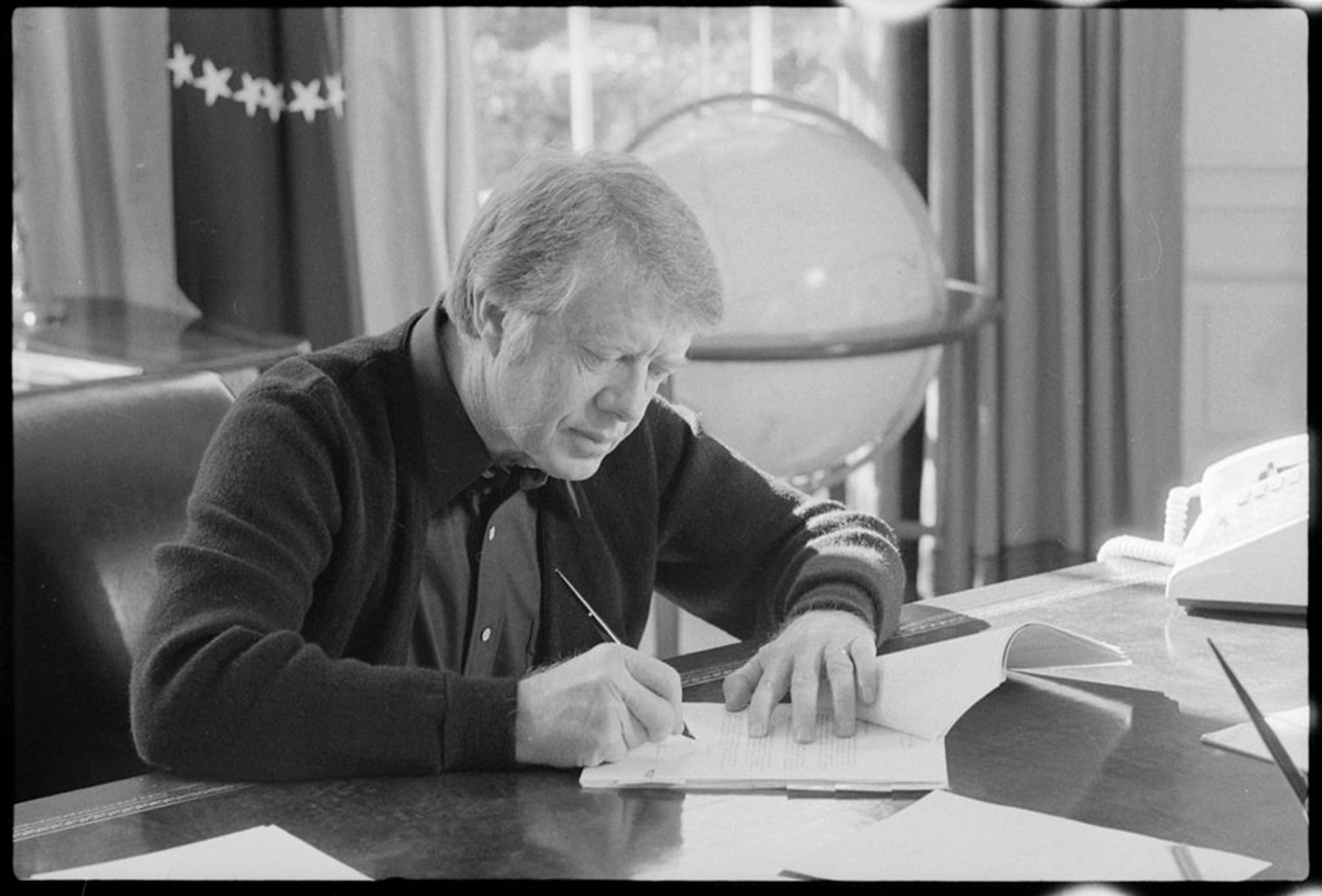
When The Refugee Act of 1980 was introduced, it passed with a large bipartisan majority in the House of Representatives and a unanimous vote in the Senate. Across the political spectrum, Americans agreed that a nation defined by its commitment to human freedom should welcome people fleeing persecution by tyrants and terrorists, that Congress should have a role in the important decision of how many people to welcome, and that we should have a standardized, well-supported system for resettling and integrating families and individuals into our communities.
In recent years, this humane, logical, and bi-partisan approach has been largely abandoned. During both of his terms, President Trump has made unilateral decisions by executive order on how many people should be granted refuge and from where. Huge cuts without congressional input to annual refugee admissions have betrayed allies, abandoned people in need, and prevented long-term planning by states on how to best welcome and integrate these new community members. Trump’s administrations have also employed discriminatory practices like travel bans based on national origin and religion, and the prioritization of one group over all others.
The GRACE Act, one potential reform proposed by Massachusetts Senator Edward Markey, would commit the U.S. to admitting a minimum of 125,000 refugees each year. This would help take the politics out of refugee admissions decisions and create the stability needed to improve our preparedness to support arriving families and individuals.
2) It would be collaborative at every level.
Smart immigration policy recognizes that the world is interconnected and balances the needs of people on the move with those of host communities.
On the international level, this could include cooperation along the lines laid out by the Global Compact on Refugees, working together with neighboring countries to:
- prevent the causes of displacement,
- combat trafficking across borders,
- safely share relevant data on populations on the move,
- share responsibility for resettlement,
- plan in advance for emergencies, and
- ensure humane treatment of those crossing borders to seek asylum.
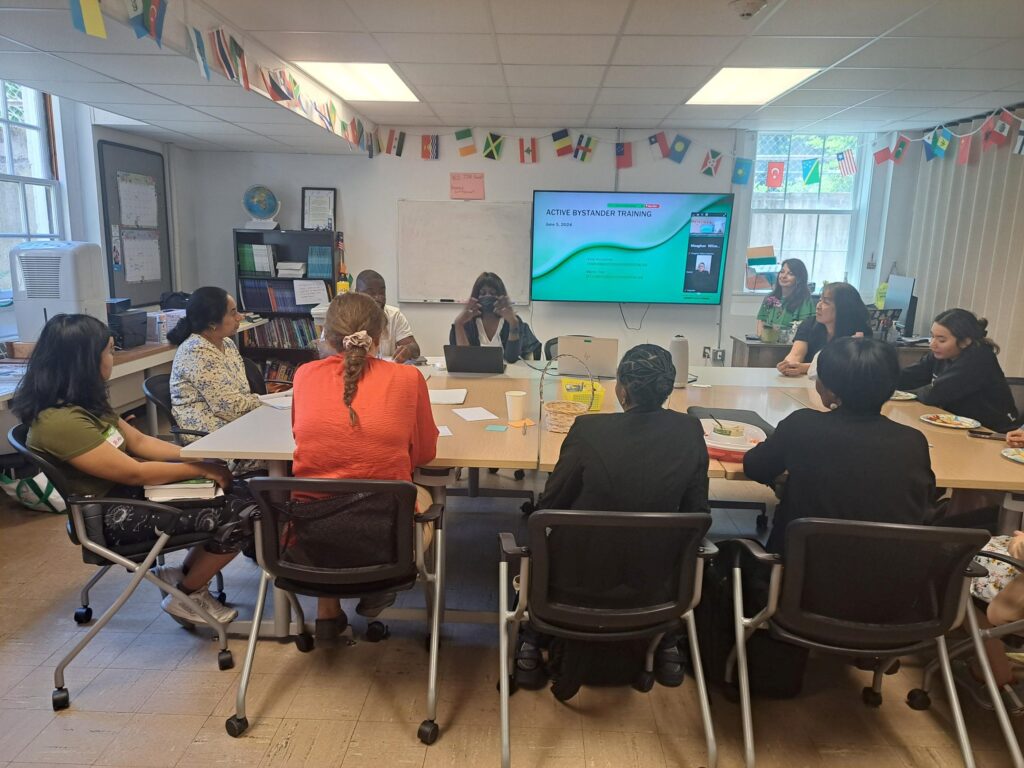
Within the U.S., good policy would honor the need to reunify families and allow people to resettle in places with existing immigrant communities that can provide them with community support. It would also allow for steering refugees towards areas that need to grow their population and fill workforce needs.
Targeted support and guidance would be provided for communities who welcome large numbers of people in times of emergency. These would include resources for those who provide housing, education, healthcare, transportation, and employment.
Once here, refugees would be able to offer input into effective integration strategies through models like IINE’s Refugee Advisory Council in New Hampshire—a group that convenes to discuss needs and challenges and offer feedback to legislators.
3) It would be safe and efficient.
After being forced to flee their home countries due to persecution and threats of violence, refugees wait in “third countries” for their applications to be processed and vetted by the U.S. before they are granted refugee status and entry into the country. They can spend years languishing in refugee camps, living in tents and relying on aid agencies for food, water, and sanitation support.
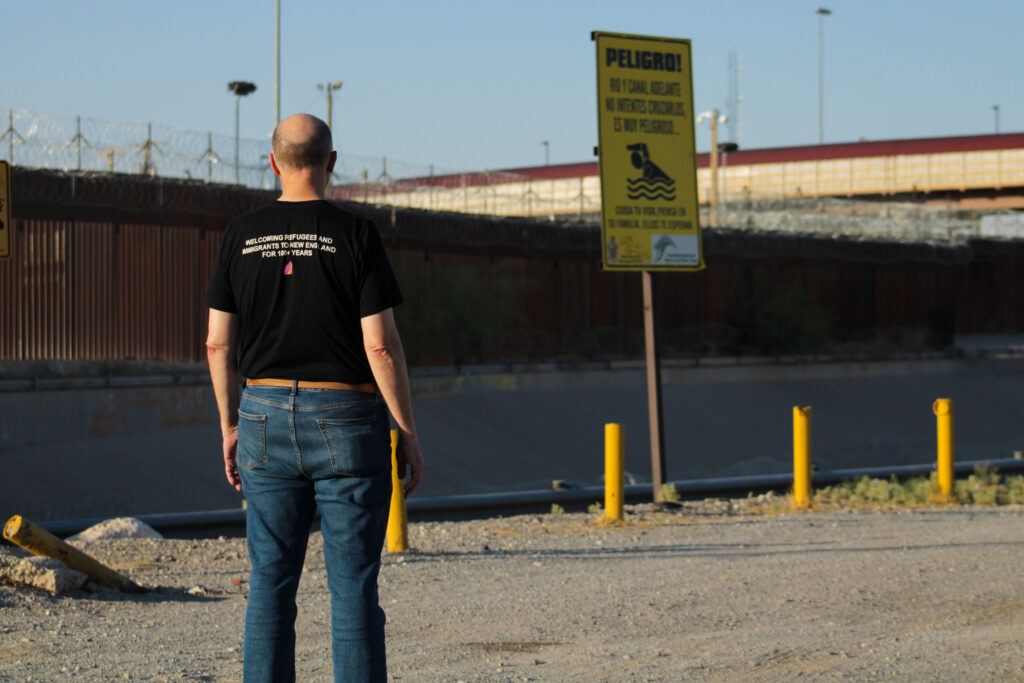
Those who are unable to apply for refugee status often make long and dangerous journeys to the U.S. to apply for asylum at the U.S. border. During the Biden administration, they were able to make asylum appointments via a government mobile app—but wait times were an average of nine months. While waiting, applicants were vulnerable to violent crime and theft. Once in the U.S., applicants lived in fear and uncertainty as they waited an average of six years for adjudication of their claims to asylum.
A system of legal pathways into the U.S. has been rendered inefficient on purpose. For years, immigration opponents have worked to cut funding and hobble the system. The U.S. should improve the efficiency of our vetting processes and adequately fund our immigration legal system to keep freedom-seekers safe.
4) It would be equitable.
Because the refugee vetting process can take years, other life-saving humanitarian immigration statuses have been created to allow large groups of people whose homes have suddenly become unlivable to enter the U.S. on a temporary basis and remain here until their home countries are safe. They are typically granted visas for two years, after which time their stay is either renewed or terminated based on conditions in their home countries.
Funding is not provided to these individuals, nor to immigrant support agencies, to help them secure safe housing. In some cases, their admission has depended on securing sponsors in the U.S. who commit to providing them with initial housing. In other cases, with nowhere else to turn, they can wind up beginning their lives in the U.S. on the street or in homeless shelters. Unlike those held by people with refugee status, their visas do not automatically grant them permission to join the workforce. They have to apply—a challenge for those who don’t speak English and don’t know the rules—and the approval process can take months.
With support, newcomers contribute immensely to their new communities. In recent years, IINE has helped thousands of immigrants in this situation, and they have been able to fully participate in American life—joining the workforce, enrolling their children in schools, attending local places of worship, and helping to make their neighborhoods better places to live. All the while, their visa deadlines hang over their heads, and they are at the mercy of decisions often based on politics rather than the reality of their country’s safety. With support, they can apply for asylum, but the process is brutally slow and expensive, and success is far from guaranteed.
A fair system would invest support in these populations when they arrive to the benefit of all, keeping them out of emergency shelters and getting them into the workforce as quickly as possible. It would also provide them with more achievable pathways to permanent residency and citizenship. Additionally, investment in the personnel and processing needed to close the tremendous, years-long backlog in adjudicating asylum claims would decrease decision wait-times for applicants whose claims are ultimately denied, reducing the need for long detention stays, ICE raids, and hunts for out-of-status immigrants, and creating a more stable, enforceable immigration system.
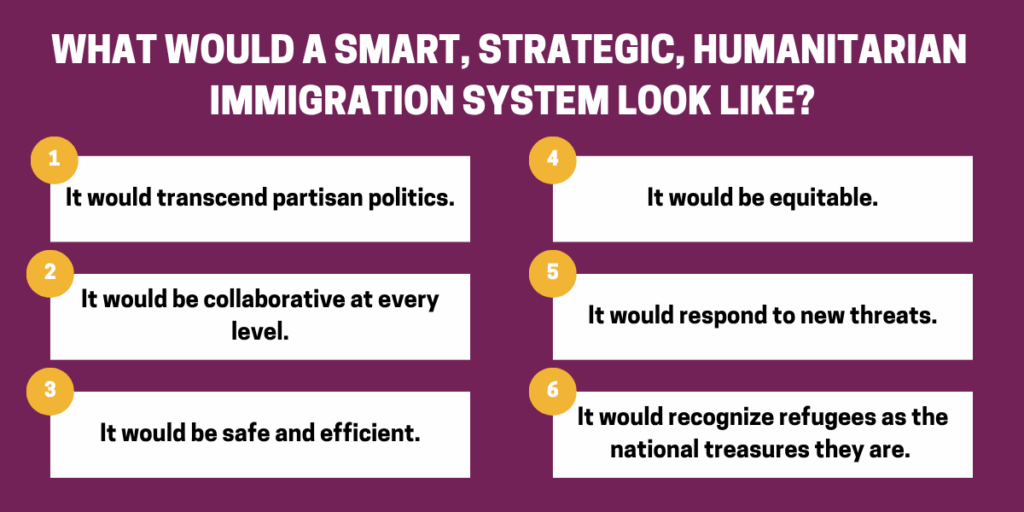
5) It would respond to new threats.
In a world already experiencing record displacement, climate change is an extreme and rapidly growing cause that’s poised to worsen in the coming years. Global warming affects food and water supplies, decreases livable land, creates destructive natural disasters, and worsens the conditions of scarcity and tensions that have always caused displacement.
The U.S. has a rich history of welcoming the victims of natural disasters to join our nation. Currently, however, no legal pathways exist for climate displaced people throughout the world to resettle in the U.S. This is setting us up for a potential crisis. We know that increasing numbers of people will inevitably be displaced, and many will come to the U.S. As with any mass displacement event, this could result in terrible conflict and suffering. Yet, with cooperation and strategic planning, we could save millions of lives, forge strong new international partnerships, and greatly strengthen our own country.
With IINE’s endorsement, Massachusetts Senator Edward Markey and New York Senator Nydia Velásquez have proposed the Climate Displaced Person Act. Among other needed measures, it would create a new humanitarian pathway for climate-displaced people.
6) It would recognize refugees as the national treasures they are.
Instead of focusing on restrictions and quotas, a better humanitarian immigration system would truly focus on welcome, ensuring that the U.S. is a bastion of liberty, opportunity, and fairness that attracts freedom-seekers to our shores, embraces cultural pluralism, and sets a shining example for the world.

As author Amela Koluder wrote, “a refugee is someone who survived and who can create the future.” By definition, refugees are incredibly resilient and driven people who choose the U.S. as their home, and they tend to be unparalleled in their love for this country. When we ask our clients about their goals for the future, they tell us they want to give back to the country that has given them so much. In purely economic terms, over the long term, investing in refugees brings in billions more in revenue than is spent on their resettlement, and the contributions they make to our culture and our communities are immeasurable.
The administration has closed our nation’s doors to refugees, but our work does not and cannot stop. We are focused on protecting our clients and educating them on their rights; providing more intensive support to refugees and immigrants who are already in our communities; and advocating for more humane immigration policies at the city, state, and federal levels. Please consider supporting this critical work today.
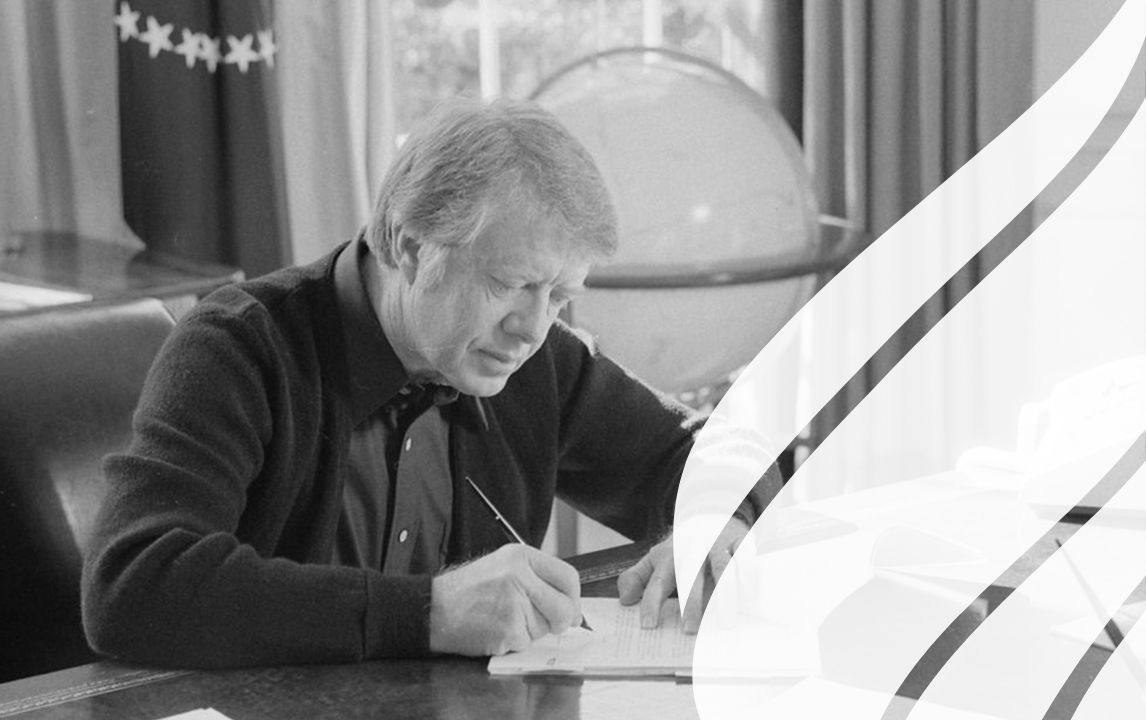
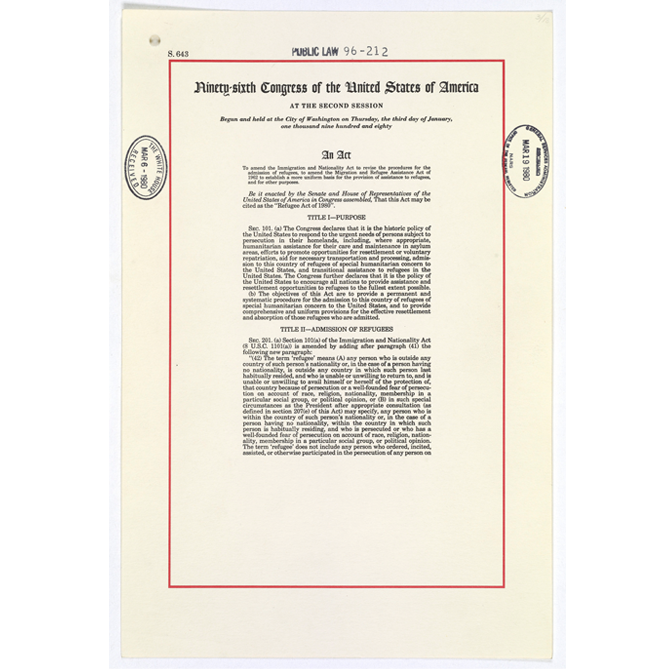
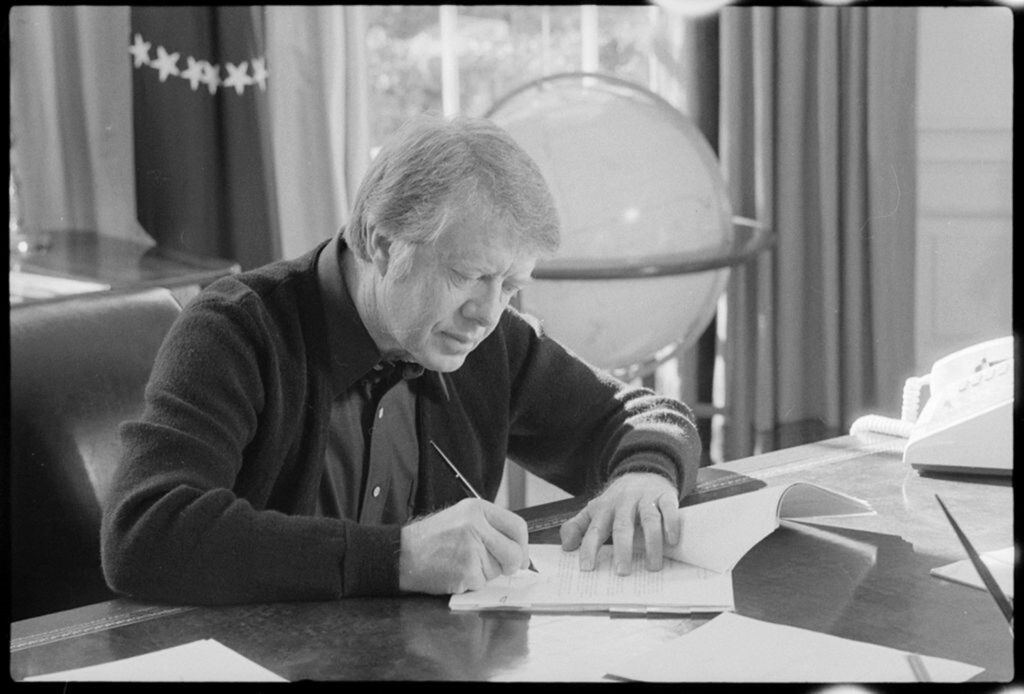


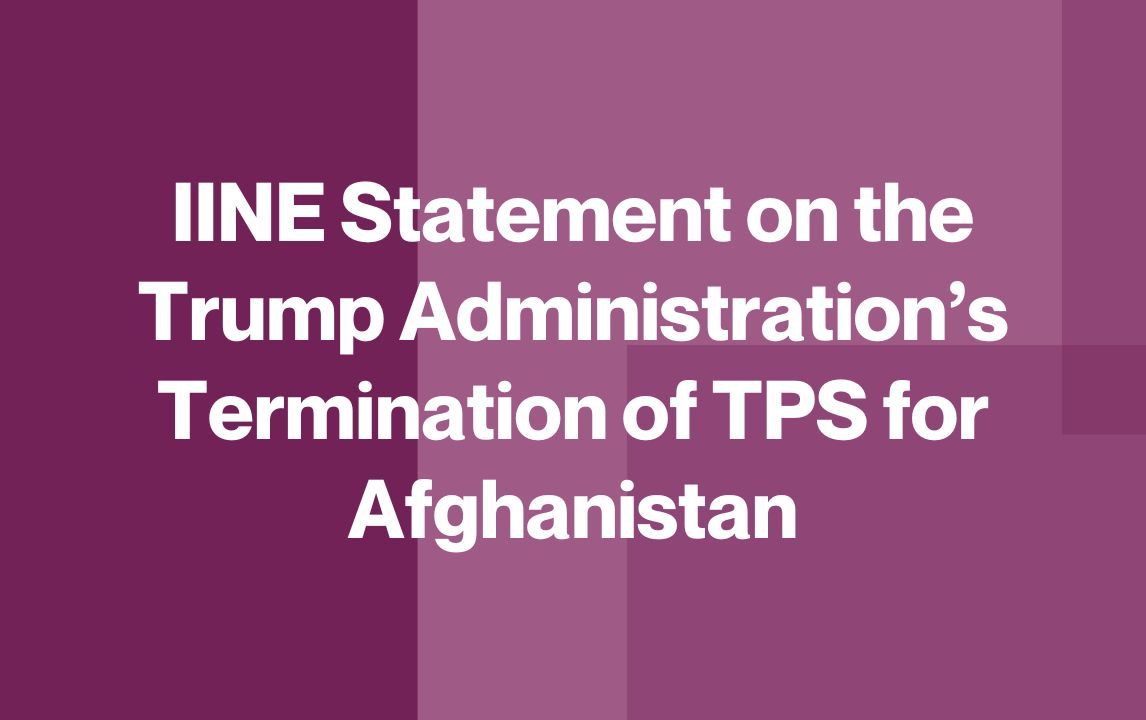
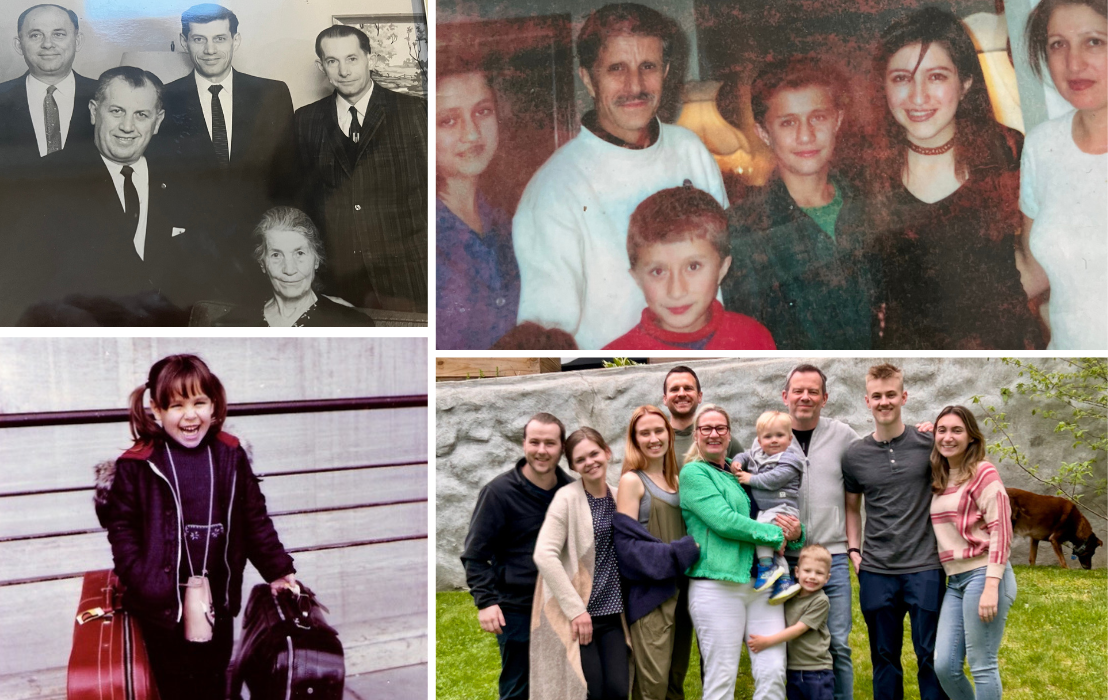




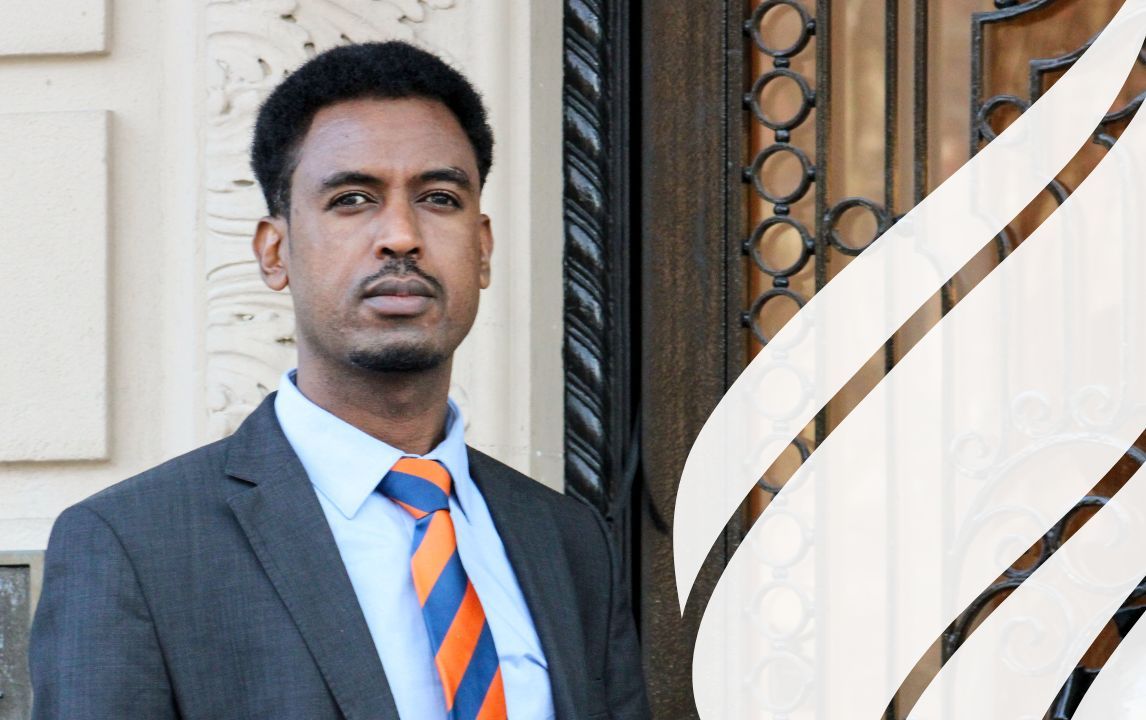
 Somali culture is based on hospitality. They are a joined community—a community connecting each other. They live as a family. Somali culture is based on loving each other, on welcoming people.”
Somali culture is based on hospitality. They are a joined community—a community connecting each other. They live as a family. Somali culture is based on loving each other, on welcoming people.”



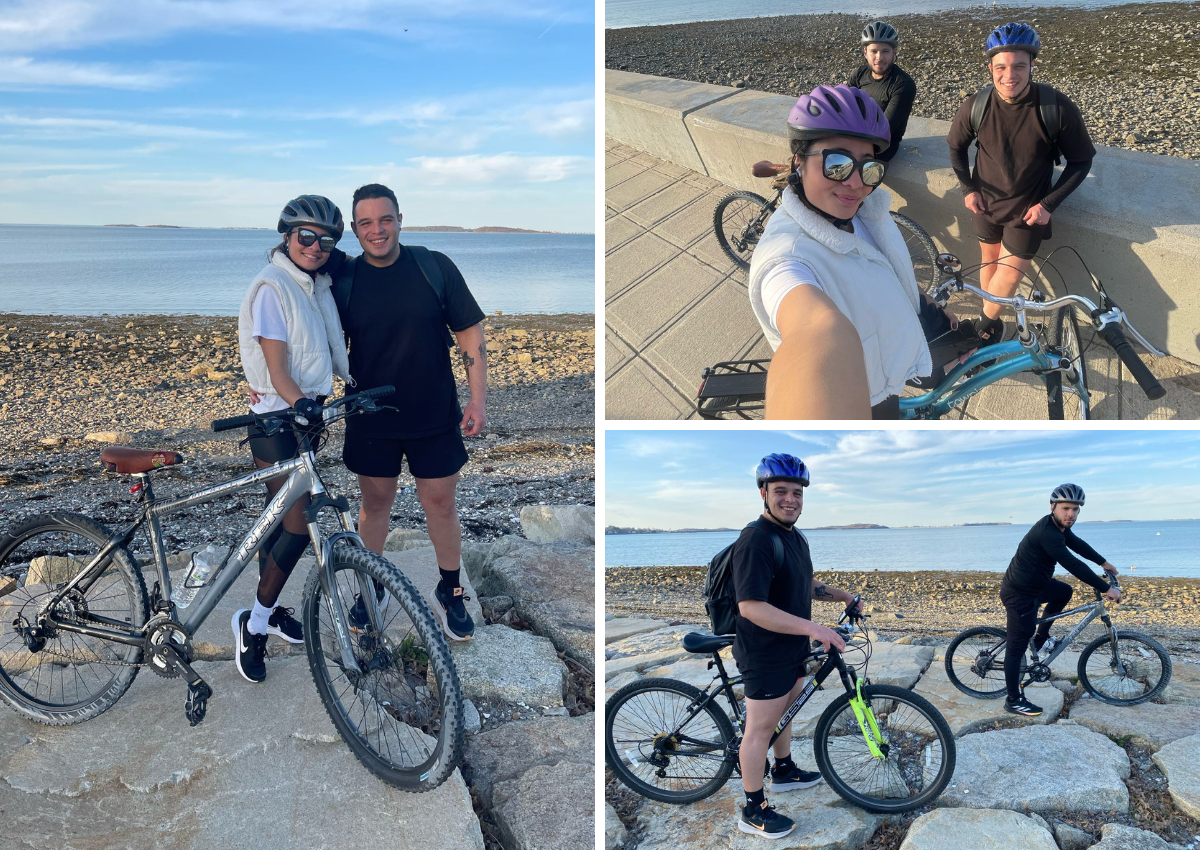
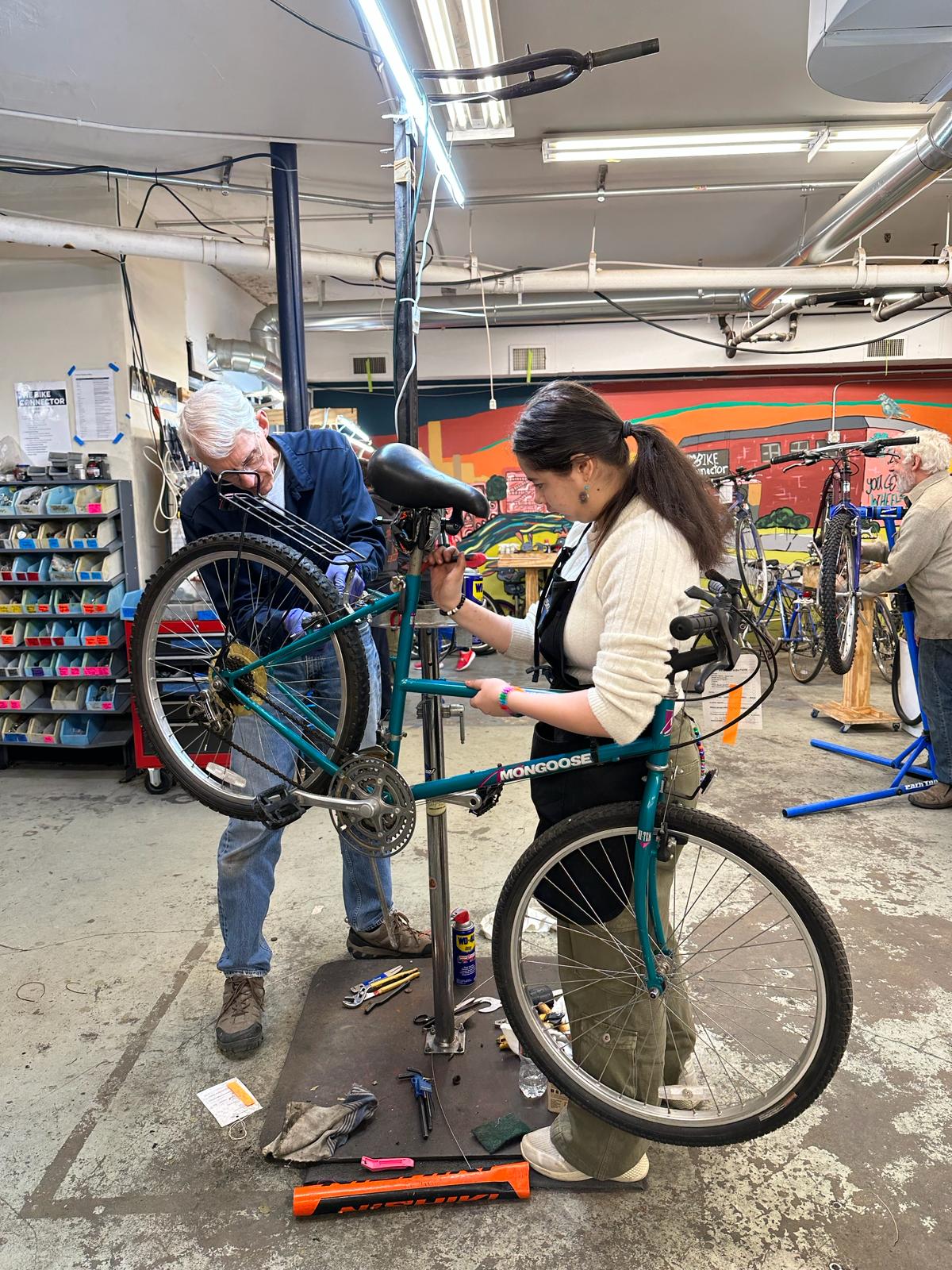


 I was born and grew up in Vietnam during the Vietnam War. In 1969, I had the opportunity to leave the country to pursue higher education with the condition that after graduation, I would return to Vietnam to help build the country despite the war. I landed at Paris University, where I obtained a pharmacy degree. I had been planning to return home in the summer of 1975, when the country fell to Communist rule that April. I had two options: return and live under a Communist government or stay in Paris and seek asylum, which is what I did. I still have the document issued by UNHCR, which deemed me “stateless.” It’s a word that has stayed with me to this day. It felt like I belonged nowhere, that I was on a boat in a vast ocean by myself – not literally, of course, though many of my compatriots experienced exactly that.
I was born and grew up in Vietnam during the Vietnam War. In 1969, I had the opportunity to leave the country to pursue higher education with the condition that after graduation, I would return to Vietnam to help build the country despite the war. I landed at Paris University, where I obtained a pharmacy degree. I had been planning to return home in the summer of 1975, when the country fell to Communist rule that April. I had two options: return and live under a Communist government or stay in Paris and seek asylum, which is what I did. I still have the document issued by UNHCR, which deemed me “stateless.” It’s a word that has stayed with me to this day. It felt like I belonged nowhere, that I was on a boat in a vast ocean by myself – not literally, of course, though many of my compatriots experienced exactly that.  When I first became involved with chairing the Centennial Working Committee, I was of course excited by the significance of the anniversary. Today, with the new presidential administration, I feel like recognizing and celebrating 100 years of impact in the immigrant community is even more critical.
When I first became involved with chairing the Centennial Working Committee, I was of course excited by the significance of the anniversary. Today, with the new presidential administration, I feel like recognizing and celebrating 100 years of impact in the immigrant community is even more critical. 